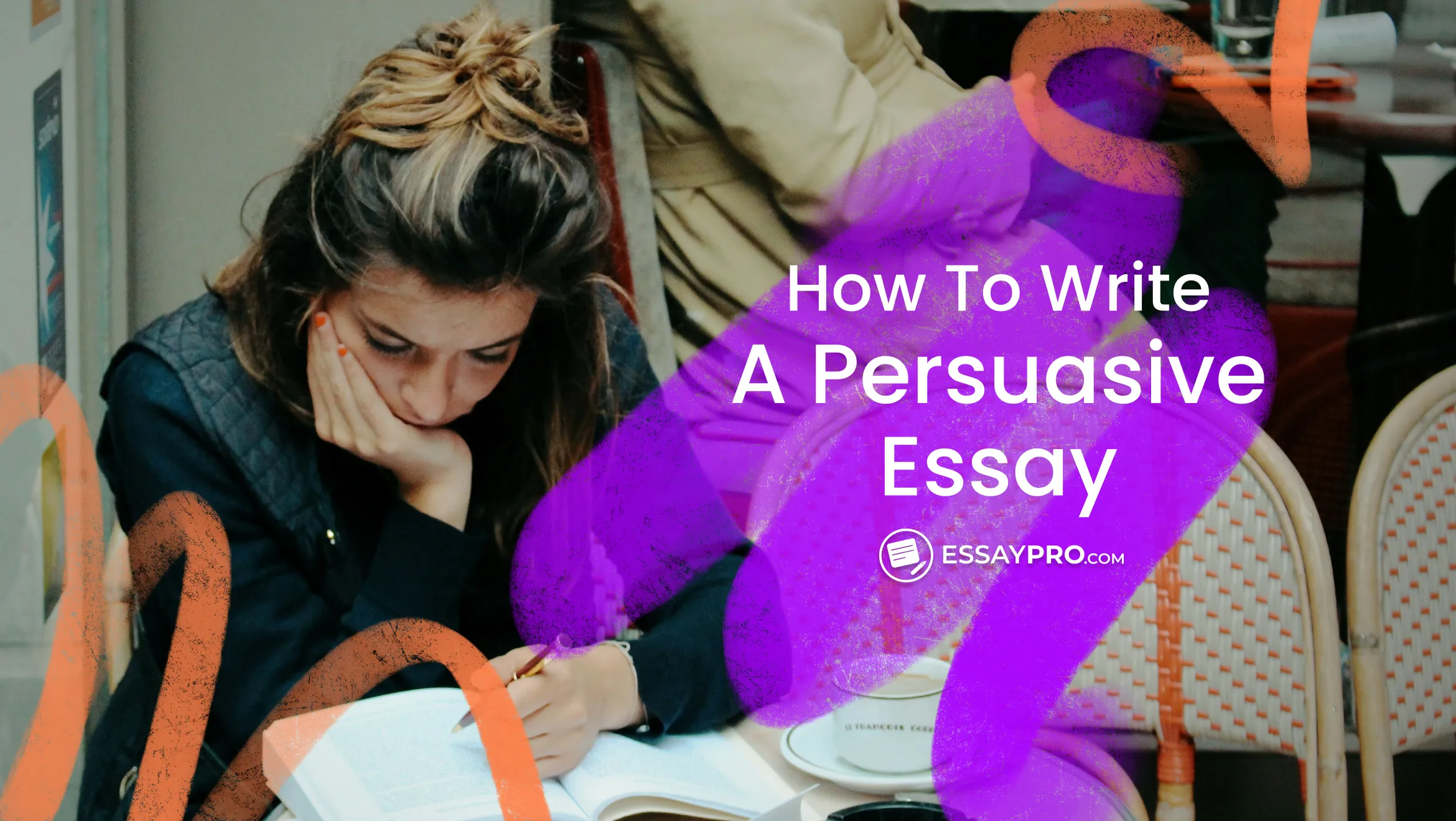In 2024, 72% of students who took the AP English Literature and Composition exam scored a 3 or higher, which is the benchmark for earning college credit in many institutions. This demonstrates how the course can provide both an academic challenge and a potential reward for students aiming to earn credit before stepping foot on a college campus.
This article will break down everything you need to know about AP Lit, from what you'll study, to how challenging the exam can be, and whether taking the course is worth your time and effort. Let's dive into what this course offers and how it can benefit you.
What Is AP English Literature and Composition
AP English Literature and Composition is an advanced placement course designed to help high school students develop critical reading and writing skills by engaging deeply with literature. So, what is AP Lit exactly? It's an experience similar to a college-level English class, preparing students to analyze texts and compose well-structured essays that explore complex ideas and themes.
The course is ideal for students who enjoy reading and are interested in exploring complex literary texts. It's also a great fit for those looking to sharpen their writing and critical thinking skills, especially if they plan to pursue majors in the humanities. There's no prerequisite for taking the course, but it helps to have a strong foundation in reading and writing from previous classes.


What Does AP English Literature and Composition Cover?
The AP English Literature and Composition course covers a broad range of literature and literary techniques. Here's a breakdown of what the course focuses on:
When Should You Take AP English Literature and Composition?
The best time to take AP English Literature and Composition is typically in your senior year of high school, though some students may choose to take it in their junior year, depending on their readiness.
Most students take the course during their senior year because it builds on the analytical and writing skills developed in earlier English courses. By senior year, students typically have the reading and writing foundation needed to succeed in this advanced course.
Some schools offer AP English Literature to juniors. If you're a strong reader and writer who enjoys literary analysis and is ready for the challenge, taking it in junior year could allow for greater academic flexibility in senior year.
Timing also depends on your overall course load. This is a demanding class with substantial reading and writing assignments. If you're planning to take several other AP courses, consider how much time you'll need to devote to each. It's important to balance your schedule so you're not overwhelmed by too many heavy courses at once. For that, you can also consider the option to pay for essay writing.
How Difficult Is the AP English Literature and Composition
Many students ask if is AP lit hard? The difficulty of the AP English Literature and Composition course varies based on your familiarity with literary analysis, the rigor of the material, and the overall pass rate, which reflects the challenge for many students. It's frequently mentioned among the hardest AP classes due to its demand for deep reading, critical thinking, and sophisticated writing skills.
- The Pass Rate: The AP English Literature and Composition exam has a pass rate of about 72%, with many students scoring 3 or higher. While the pass rate suggests that a majority of students perform well, it also highlights that nearly a third find it challenging. The difficulty lies in the depth of analysis and quality of essays required to achieve higher scores.
- The Course Material: The course covers a wide range of complex literature, from classic novels and plays to poetry and short stories. You'll need to understand how literary devices like metaphor, symbolism, and tone work within different texts. This requires close reading and a solid grasp of various literary genres.
- Your Subject Skills: Your success in AP English Literature largely depends on your ability to read analytically and write persuasively. Strong skills in reading comprehension, literary analysis, and essay writing are crucial. If you excel in these areas, you'll find the course more manageable. Otherwise, improving these skills is essential for doing well.
What Is AP English Literature and Composition Exam
The AP English Literature and Composition exam is the final test for students who have taken the course, designed to assess their ability to analyze and interpret literary texts. The exam is held annually in May and consists of two main sections: Multiple-Choice Section and Free-Response Section.
Don't forget to check out our special list of AP research topics.
How to Study for the AP English Literature and Composition Exam
Preparing for the AP Lit exam requires a mix of reading, analysis, and practice. Here are some key tips:
- Read a Variety of Literature: To do well on the exam, you should read a wide range of AP Lit books, including novels, plays, and poetry from different time periods and genres. Pay close attention to how authors use literary devices and themes. It's also helpful to practice reading and analyzing unfamiliar passages since that's a major part of the exam.
- Practice Essay Writing: Writing is a significant part of the exam, so practice constructing clear, well-supported essays. Use practice prompts from previous exams to get comfortable with the format. Focus on developing a thesis, organizing your thoughts, and using evidence from the text to support your argument.
- Review Literary Terms and Devices: Make sure you're familiar with common literary terms like metaphor, symbolism, irony, and tone. Knowing how to identify and discuss these devices is essential for both the multiple-choice questions and the essays.
- Take Practice Tests: Taking full-length practice exams can help you get a feel for the timing and structure of the test. Use these to identify areas where you need improvement and to build your confidence for the actual exam day.
How Is the AP English Literature and Composition Exam Structured?
As mentioned earlier, the AP Lit exam is divided into two main sections:
1. Multiple-Choice Section (45%): The multiple-choice section consists of about 55 questions that you'll need to answer in 60 minutes. This part of the exam focuses on your ability to analyze prose and poetry excerpts. You will be asked to interpret meaning, identify literary devices, and analyze elements like tone, structure, and character development. The questions are based on previously unseen passages
2. Free-Response Section (55%): The free-response section gives you 2 hours to answer three essay prompts:
- One prompt requires you to analyze a poem.
- The second prompt asks for an analysis of a prose passage.
- The third is an open-ended essay where you choose a literary work to analyze in relation to a provided theme or literary concept. This section tests your ability to develop clear, insightful arguments supported by evidence from the text.
So, how long is the AP Lit exam? Overall, you have 3 hours to complete both sections of the exam.
How Is the AP English Literature and Composition Exam Scored?
The scoring for the AP Eng Lit follows a standard format:
1. Multiple-Choice Scoring (45%) - Each correct answer in the multiple-choice section earns you one point. There are no penalties for incorrect answers, so it's in your best interest to attempt all questions. The raw score you earn here is multiplied by a factor to account for 45% of your total score.
2. Free-Response Scoring (55%) - Each of the three essays in the free-response section is scored on a scale of 0 to 6 by AP readers, who are trained educators. Your essays are evaluated based on how well you:
- Address the prompt.
- Provide a thesis or main argument.
- Support your argument with evidence from the text.
- Demonstrate a deep understanding of the literary work
The scores from each essay are added together, and this total is multiplied to account for 55% of your final score.
3. Composite Score and Final AP Score: The raw scores from both sections are combined into a composite score, which is then converted into the AP's standard 5-point scale. Here's what the scores mean:
- 5: Extremely well qualified (equivalent to an A in a college course).
- 4: Well qualified (equivalent to a B).
- 3: Qualified (equivalent to a C).
- 2: Possibly qualified.
- 1: No recommendation
When Is the AP English Literature and Composition Exam 2025
The AP English Literature and Composition exam for 2025 is scheduled for Wednesday, May 7, 2025, at 8:00 AM local time. The exam is administered on a single day in schools across the world, and students should arrive early to ensure they have ample time to settle in and focus before the test begins. If you're unable to take the test on the scheduled date, there are make-up testing options provided by the College Board, but these are usually limited and require specific circumstances.
6 KEY Tips on AP English Literature and Composition Exam Day
To maximize your performance on AP Lit exam day, here are six critical tips to keep in mind:
- Get Familiar with the Exam Format - Make sure you know the structure of both the multiple-choice and free-response sections.
- Practice Time Management - You'll have 60 minutes for the multiple-choice section and 2 hours for the essays. Practice dividing your time effectively. For the essays, aim to spend about 40 minutes per essay—10 minutes planning and 30 minutes writing. For multiple-choice questions, don't get stuck on a single question; it's better to move on and return to it later if you have time.
- Bring the Right Supplies - Be sure to bring your ID, pencils, erasers, and a watch (without an alarm). You might also want to have a snack and water for the break. Avoid relying on a digital device to track time, as phones and smartwatches are not allowed in the exam room.
- Read the Prompts Carefully - When tackling essay prompts, read them twice to ensure you fully understand the task. Don't rush into writing without clarifying exactly what the question is asking. Focus on crafting a clear thesis that directly answers the prompt.
- Use Textual Evidence - For each essay, it's crucial to support your argument with evidence from the text. Quote key phrases and explain how they relate to your analysis. Essays with clear references to specific parts of the text are typically scored higher.
- Stay Calm and Confident - Nerves can impact your performance, so it's important to remain calm. Take deep breaths, especially if you feel overwhelmed at any point during the test. Trust your preparation, focus on one question or task at a time, and stay confident.
AP Lit is no small feat. The course challenges you in the best ways. You'll not only improve your ability to analyze complex texts but also enhance your critical thinking—skills that go beyond the classroom.
As you prepare for the exam, remember: time management, practice, and a calm mindset can make all the difference. Whether you're aiming for college credit or just want to push your academic limits, the hard work you put in will pay off. Stay focused, trust your abilities, and don't be afraid to ask our literature review writing service for help when needed.
Finding AP English Literature and Composition Challenging?
You're not alone. Let EssayPro's skilled team offer the support you need.
FAQ
Is AP English Literature and Composition Worth It?
Yes, AP English Literature is worth it if you enjoy reading and analyzing literature. It can also help you develop strong writing and critical thinking skills, which are useful in college and beyond. Additionally, scoring well on the exam can earn you college credit or advanced placement in college courses.
How Hard Is the AP English Literature and Composition Exam?
Whether or not is AP Lit hard depends on your reading and writing skills. It requires strong analytical abilities and familiarity with different types of literature. Many students find the exam challenging because of the time constraints and depth of analysis needed, but with practice and preparation, it can be manageable.
What Is Taught in AP English Literature and Composition?
AP English Literature and Composition focuses on reading and analyzing classic and contemporary works of literature. You'll study novels, plays, poems, and short stories, looking at themes, characters, and literary techniques. The course also teaches you how to write clear, insightful essays about the texts you read.

Annie Lambert
specializes in creating authoritative content on marketing, business, and finance, with a versatile ability to handle any essay type and dissertations. With a Master’s degree in Business Administration and a passion for social issues, her writing not only educates but also inspires action. On EssayPro blog, Annie delivers detailed guides and thought-provoking discussions on pressing economic and social topics. When not writing, she’s a guest speaker at various business seminars.
- AP Score Distributions – AP Students | College Board. (2022). Apstudents.collegeboard.org. https://apstudents.collegeboard.org/about-ap-scores/score-distributions
- AP English Literature and Composition – AP Students. (n.d.). Apstudents.collegeboard.org. https://apstudents.collegeboard.org/courses/ap-english-literature-and-composition

.webp)




